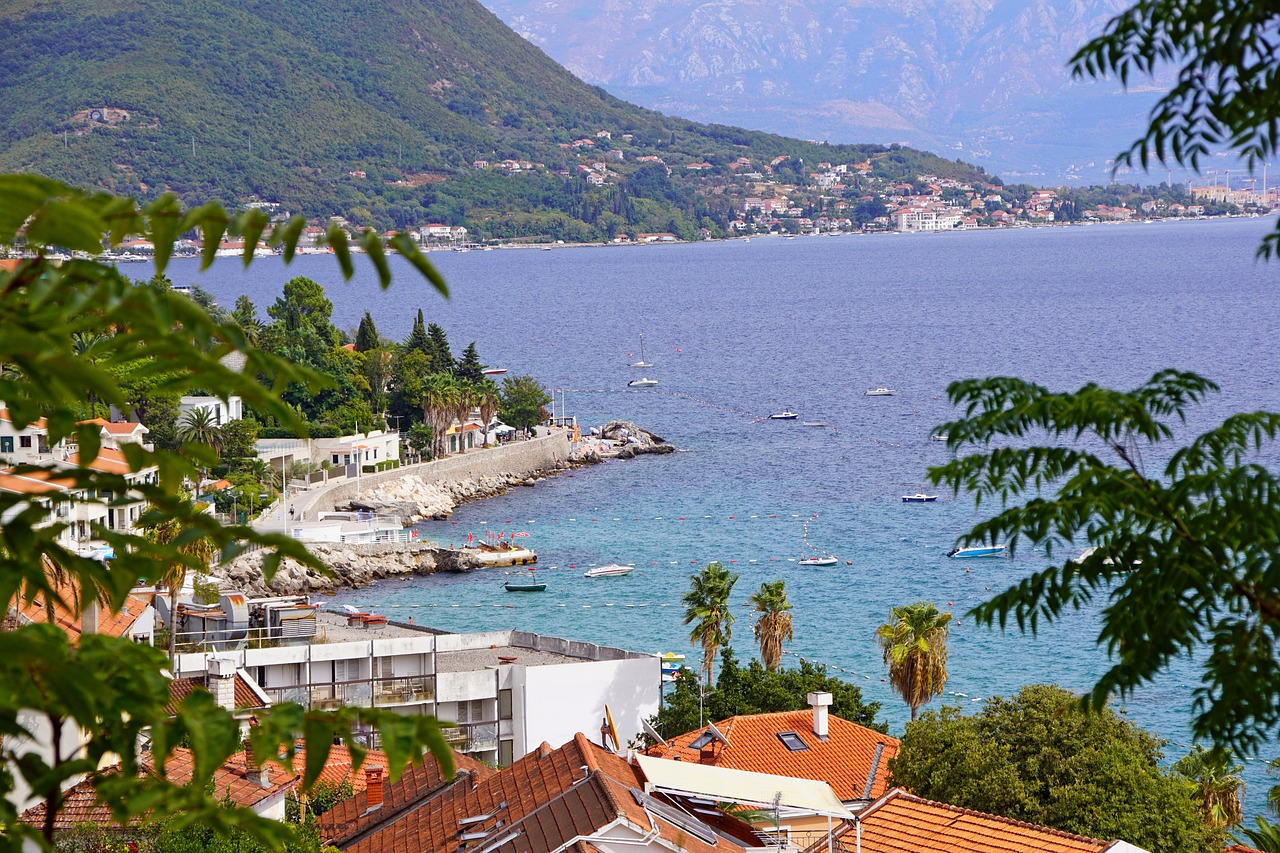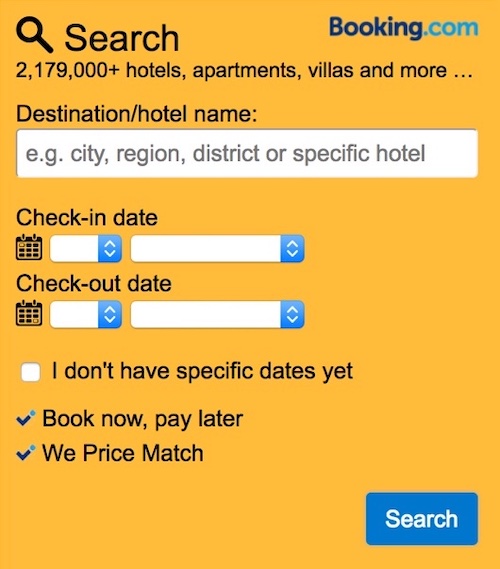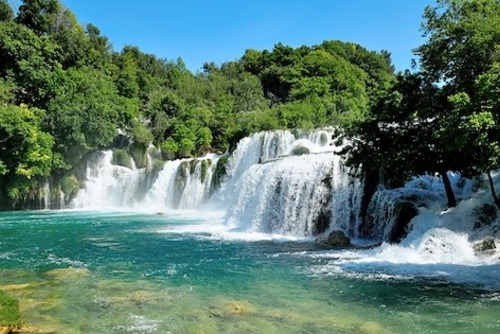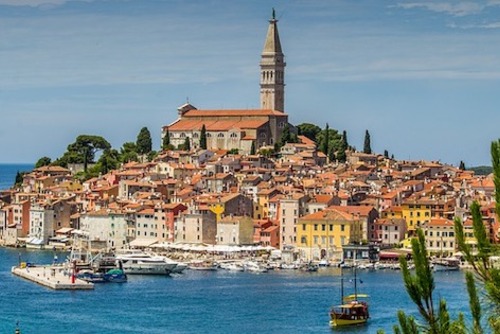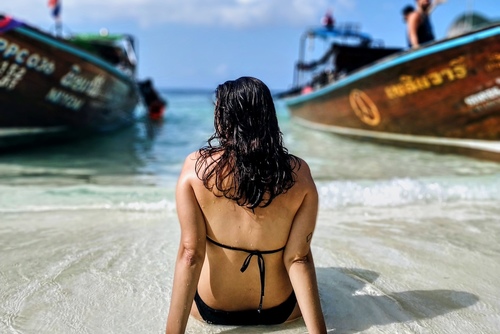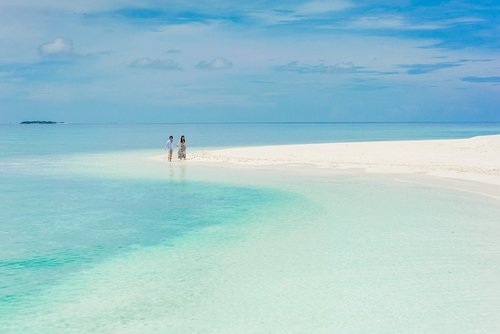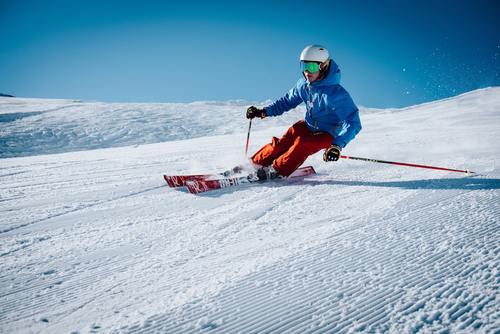Not only does this region of Europe have stunning landscapes and history, it’s also extremely affordable. Once you visit this region, you won’t be surprised why backpackers are flocking here.
There are so many different sights and experiences available depending on where you visit.
The countries that make up the Balkans are: Bosnia, Serbia, Bulgaria, Kosovo, Albania, Montenegro, Northern Macedonia, Croatia, and Slovenia. Additionally, parts of Greece and Turkey are also traditionally considered part of the Balkans.
Here is why you should visit the Balkans and why you won't regret it:
1. More Affordable Than Western Europe
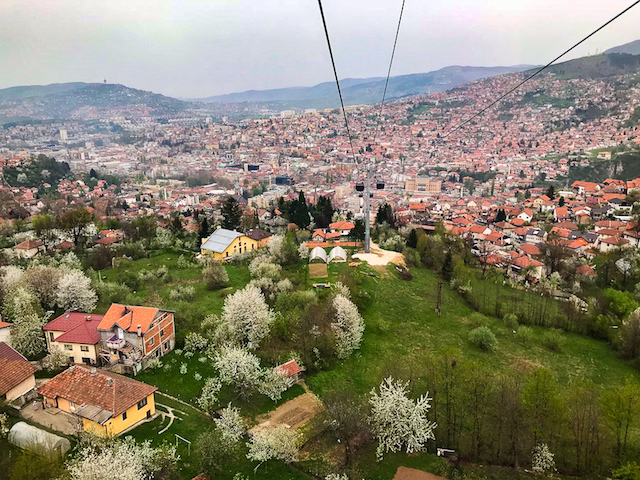
For backpackers looking to keep to a tight budget while traveling Europe, the Balkans are an answer to your prayers. The Balkans in general are a lower-cost destination compared to Western Europe.
As a whole, hostels or shared rooms in the Balkans are around 2-3x times less than staying in a dorm room in Paris or Barcelona. Transportation is significantly cheaper because the most common, and sometimes only mode of transportation, is bus. A bus from Belgrade, Serbia, to Sarajevo, Bosnia, depending on the time of year may cost you only $16!
A note about Montenegro and Croatia, these countries will be the most expensive to backpack. Montenegro uses the Euro which means hostel and food prices will reflect more Western European prices.
Additionally, Croatia has become an up and coming tourist destination with some of the best islands in Europe and the prices reflect the increase in tourism.
2. Rich & Diverse Culture
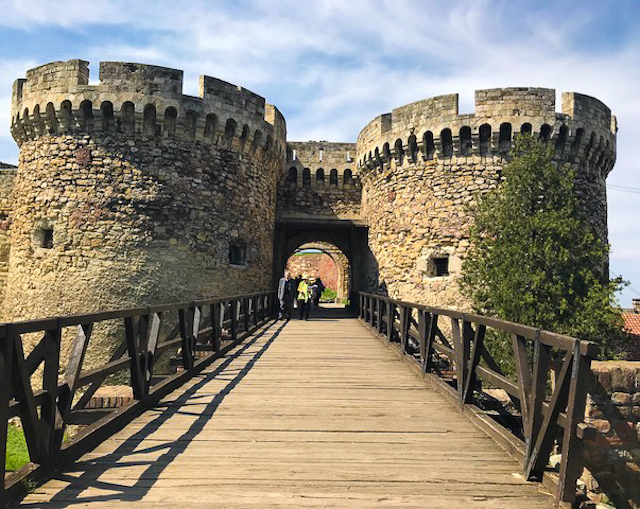
The Balkans have been inhabited in some places since 6,500 BC. The cultures of these countries have been influenced by the Romans, Ottoman Turks, Venetian Empire, Greece, and more.
The Balkans have also been a place of recent unrest and war. With the dissolution of Yugoslavia in the early 1990s, many of the countries went through times of upheaval, especially Bosnia and Kosovo. With such recent conflict, these countries are still in the process of recovering and the effects of the wars can still be seen today.
When backpacking through these countries, you are able to experience the effects of political, social, and economical conflict and how it can shape the makeup of a country. Backpacking through the Balkans is not only a fun experience, but an educational one as well.
3. Stunning Landscapes
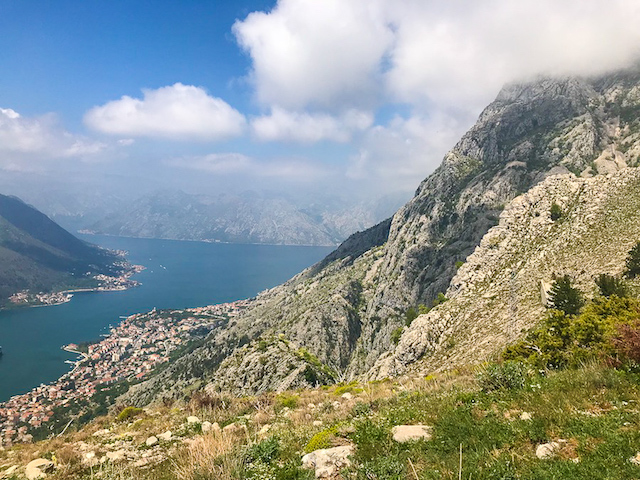
The landscapes that make up the Balkans are varied. There are meadows and rivers in Serbia, towering mountains in Bosnia and Montenegro, and sheer cliff sides in Croatia. Combined, these differing landscapes make up some of the most stunning views in the natural world.
One of the main natural highlights of this region are the teal rivers and lakes. Because of the mountains in the area, the rivers and lakes in Bosnia, Montenegro, and Croatia are a distinct teal or aquamarine color. These clear waters stand in stark contrast to the forests and mountains towering above.
Croatia is one of the best countries for stunning coastlines, here you will find some of the prettiest beaches in Europe.
4. Getting Around is Easy
The primary mode of transportation in the Balkans is by bus. While you will see train stations in the major cities, they are used less frequently than the buses. One of the main reasons for the lack of train transportation is the recent conflicts in this area and the slowly recovering economies of each of these countries.
However, there are benefits to bus travel. You can see some of the most stunning views by taking the bus and the bus routes run frequently and are low-cost. Most of the long-distance buses are charter buses while many local buses are large vans.
A note to travelers about bus travel in the Balkans, this region of Europe is very mountainous. If you get motion sickness, it is highly recommended to bring motion sickness pills because you will be traveling through many winding roads through the mountains.
5. Great Value for Money
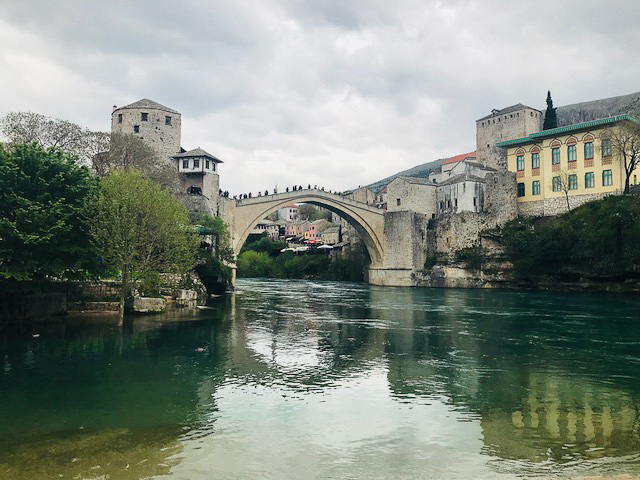
This region offers great value for money especially compared to other destinations to travel in Europe.
For travelers looking to exchange money before visiting the Balkans it’s important to remember that most of the Balkan countries are not part of the European Union. This means each country has a different currency. Greece, Montenegro, and Slovenia are the only countries in the Balkans that use the Euro.
In each country you will have to change money as you will be going from Bosnian Marks to Croatian Kunas to Albanian Leks. You can exchange your money at the local exchange offices or in the bus stations.
However, the farther away you are from a country, like Bulgarian to Croatia, it is harder to exchange because the stations only carry currencies of immediately surrounding countries.
If you want to sail some of the most beautiful destinations in Europe trips are really affordable.
6. Amazing Cities
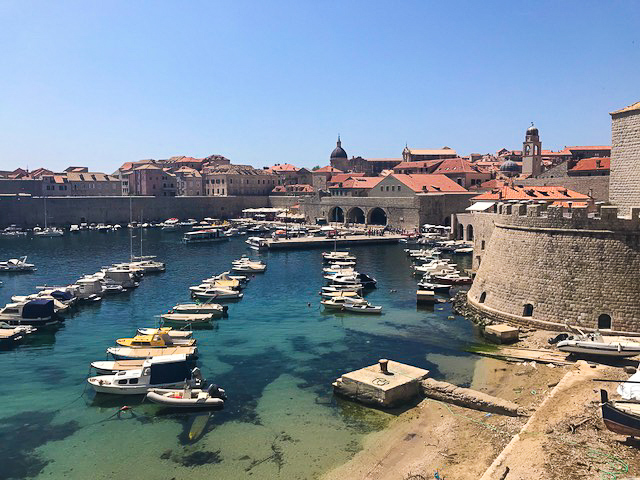
The cities that make up the Balkans are some of the most historical and interesting cities in all of Europe. Some are noted for their architecture and monuments, others for historical prominence, and some for hosting major world events.
A few of the cities you shouldn’t miss when backpacking through this area are Dubrovnik, Kotor, Sarajevo, Sofia, and Zagreb. Each city has its own flavor and will satisfy every traveler.
These cities offer an authentic cultural experience and are also less busy than other cities in Europe like Paris, Barcelona and London for example.
7. Food Galore
One would not call the Balkan cuisine very health conscious.
While there are plenty of restaurants that feature vegetarian or vegan options, many of the traditional cafes and restaurants serve heartier meals. However, with the spread of globalization, new cuisines and food trends are making their way into the everyday lives of the people of the Balkans.
In Serbia and Bosnia, you’ll find cevapi (pita, kebab, and onions) and other meat dishes. Croatia and Montenegro are known for their pizza and pasta because of the Italian influence. Finally, Slovenia has one of the most diverse food cuisines with food derived from Hungary, Austria, and Italy.
8. Not Lost in Translation
Traveling to a foreign country and not knowing the language can be difficult. Thankfully, backpacking in the Balkans doesn’t mean you’ll be lost in translation. While there are some variations, the Balkans have a common language spoken throughout the countries.
This is extremely helpful when navigating the bus or trains stations or communicating with cab drivers. If you are backpacking through Turkey or Greece, however, you will have to adapt to different languages.
Be sure to learn at least some basic pharses, this will make the experience easier and more fun.
So what are you waiting for? Whether you fancy a new summer destination in Europe, an overland adventure or a winter city break, start researching a trip to the Balkans today.
By Chris Slack

